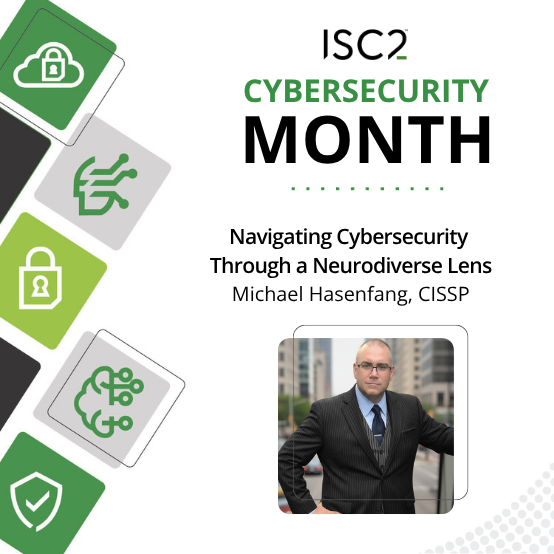May is Mental Health Awareness Month, a time to promote education about mental wellness and reduce stigma surrounding mental health issues. In professions like cybersecurity, where workers can become overwhelmed while combating constant cyber threats or experience burnout from working long hours, it’s important to recognize when you need to take a step back and prioritize your mental health.
There is still a lot of stigma surrounding discussions of mental health, especially in the workplace. Given that mental health issues are very personal, we don’t often discuss them at work, which can lead many people to suffer in silence. Sharing your mental health struggles with managers or colleagues can be a daunting experience, so here are a few ways that organizations can help employees feel more comfortable being open about their mental health.
Lead by Example
Providing staff with adequate training for dealing with mental health issues is a vital first step in reducing stigma in the workplace. Managers can receive mental health training to help them better support employees and identify when someone on their team may be struggling. It’s important for team leads to be knowledgeable on how to recognize signs of mental illness, excessive workplace stress, workplace bullying or burnout. Moreover, managers should be trained to handle potentially difficult conversations with employees and should be prepared to speak openly about mental health rather than avoid the topic.
Create Safe Spaces
Creating spaces where employees feel comfortable sharing their experiences and seeking support is a great way to get more conversation flowing about mental health. This can be accomplished by providing opportunities for employees to connect with each other through employee resource groups or support networks. Incorporating mental health conversations into regular team meetings or one-on-one check-ins also goes a long way in normalizing open and honest communication about mental health. These conversations don’t have to delve deep into personal matters, but they offer an opportunity to share strategies for managing stress, setting boundaries, or encouraging rest when needed.
Provide Education and Resources
Only 57% of cybersecurity professionals feel that their workplace provides adequate mental health support. Without sufficient resources or outlets for frustration, employees can begin to experience increased levels of stress or burnout, which is why having support readily available to employees is vital to maintaining workplace well-being. These resources can range from increasing mental health benefits to offering meditation app subscriptions or company-wide mental health days.
These are just a few ways that organizations can work toward being comfortable environments for employees to prioritize their mental health and have candid conversations about wellness. Implementing small changes can go a long way in making employees feel heard, appreciated, and well-equipped to continue tackling cyber threats.


